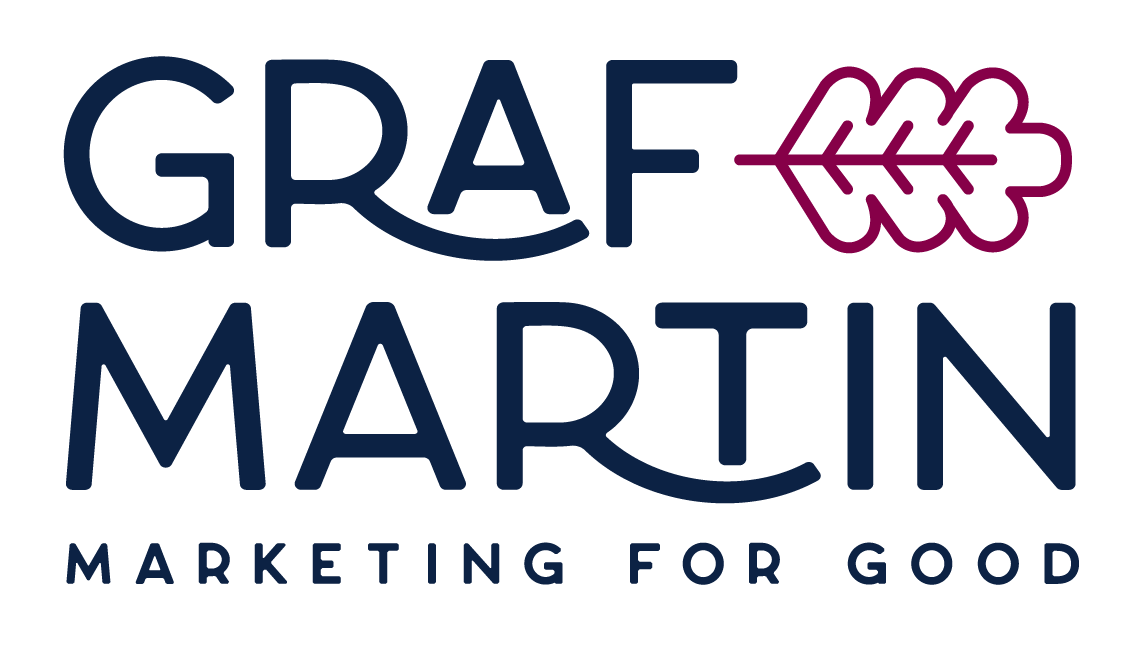COVID-19 Pandemic Forces Non-Profit to Make Life-Altering and Financially Devastating Decisions
HOPE International Development Agency Cancels 1.5-Million-Dollar Critical Fundraising Events
WATERLOO – March 13, 2020 – At this moment, there are over 1.1 billion media mentions of COVID-19. Canadians are nervous about their health, the economy and the events they were looking forward to, including charity gatherings. In the media, there is almost no mention of the impact of COVID-19 for non-profit organizations. This week, HOPE International Development Agency is one of the many organizations forced to make difficult decisions in light of COVID-19. The organization is another casualty of the pandemic amid the devastations facing professional sports, entertainment events, the service industry, the wedding industry and more.
Based in New Westminster, BC, HOPE International Development Agency serves the needs of the world’s most vulnerable, the poorest of the poor, by improving access to basic human necessities through the secure supply of clean water, food security programming and income-generating initiatives. While all levels of government are working hard to protect Canadians and mitigate the impact of this health crisis, there are millions of vulnerable people, already without resources who will be further devastated by this crisis due to lack of clean water, hygiene and sanitation to safe-guard against COVID-19 transmission and charities being less able to send financial support for critical overseas work.
For HOPE International, as well as many other organizations, spring fundraising events often serve as one of the main tools in raising awareness and critical funds for life-saving programming for marginalized and vulnerable populations. In light of COVID-19 being marked a pandemic by the World Health Organization earlier this week, HOPE International has made the decision to cancel their six fundraising dinners across Canada in an effort to protect Canadians from contracting the virus.
“These dinners have been the centrepiece of our fundraising efforts for years. This year, through the generosity of faithful donors who care, we would likely see $1.4 million raised to continue serving some of the world’s most vulnerable children and families,” said Kim Savage, Executive Director of HOPE International Development Agency. “I have been kept awake for days, balancing public health and global need, trying to determine what the best course of action should be when it comes to these dinners. It became clear today that to care for our donors, even while we care for those around the world, we need to cancel these events.
”While we work to protect ourselves in Canada, the question of who will protect the world’s most vulnerable people remains. The current crisis of COVID-19 disproportionately affects the world’s most vulnerable because they do not have the support they need, education, nor basic needs such as housing, clean water and sanitation. Sadly, it is the most vulnerable groups, including those facing extreme poverty, most at risk during this pandemic.Having recently returned from visits to vulnerable communities in Nepal and Ethiopia, Savage is encouraging Canadians to remember, “Even in crisis, we have an opportunity to be really creative and meet needs here and abroad. As we protect ourselves, we need Canadians to not forget about those who don’t have the means to do the same.”HOPE International serves the needs of the world’s most-vulnerable in 16 countries in Africa, Asia, South East Asia and the Americas. As a result of HOPE International’s donors, 25 million people no longer live in extreme poverty.
Interviews with Kim Savage, Executive Director of HOPE International Development Agency, are available.
Contact Mikayla Stroeder, mikayla@grafmartin.com or 519-342-3703 x5.
Download Kim Savage’s high-resolution headshot, here.
###
About HOPE International Development AgencyHOPE International Development Agency is an organization with mission and vision to extend tangible compassion to the neglected poor. We work with people facing extreme poverty in 16 developing countries to foster hope and self-reliance through initiatives that focus on upholding the inherent worth and dignity of every person through the secure supply of clean water, food security projects and income generating activities. We have made a commitment to not turn our face away from need and those facing dire circumstance.As an organization, we are in our 45th year of working with countries and local communities in Africa, Asia, South East Asia and the Americas. We collaborate to find interventions and provide resources that foster solutions to address the root causes of extreme poverty. Some programming initiatives include community water systems, agriculture and farming, education and training, women’s self-help groups and small business development.We are both donor and partner-centric prioritizing the relational aspects of our work with those connected to and benefitting from HOPE programs.About Kim SavageKim Savage serves as HOPE International Development Agency’s Executive Director. Ms. Savage believes in the inherent worth and value of every individual and brings her deep care for people to her role at HOPE as she provides leadership to the organization.A perennial optimist, she has seen time and time again the collective strength of compassionate people to influence change. With more than 20 years of service in the sector, Ms. Savage has had opportunity to participate and spearhead innovative strategies that address homelessness, poverty, domestic violence and addictions. Her heart first broke for people pushed to the margins of society at the start of her career, working at Union Gospel Mission. More than two decades later, her heart still breaks for those facing life-limiting circumstances and it compels her to press on – in service and care.FOR IMMEDIATE RELEASEMedia Contact: Mikayla Stroeder; mikayla@grafmartin.com or 519-342-3703 x105


